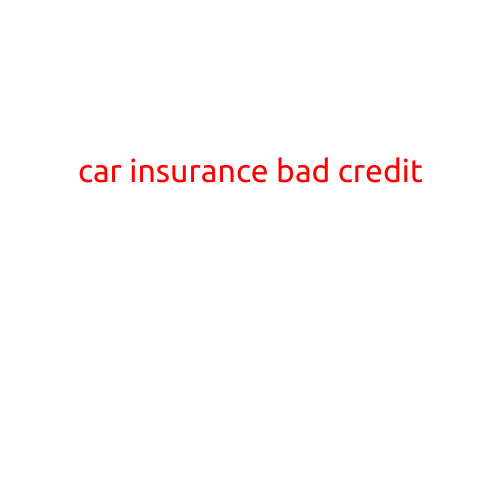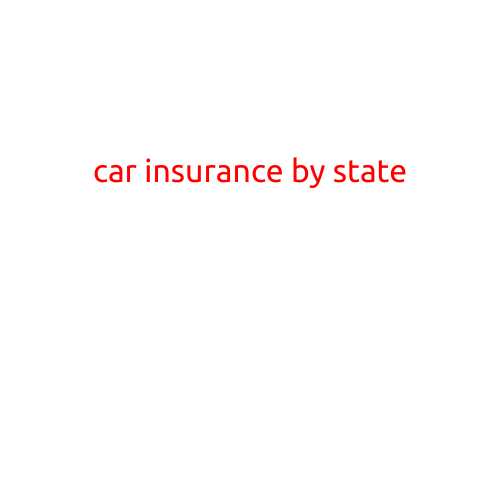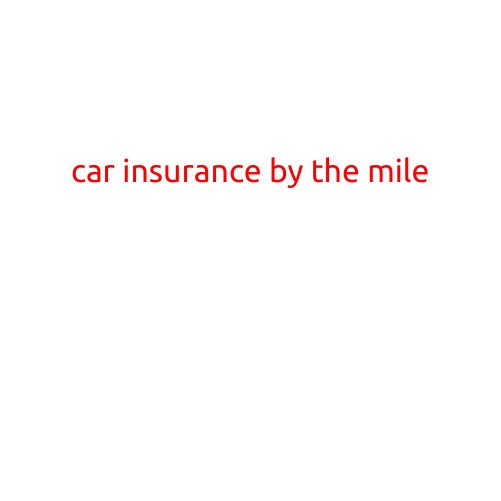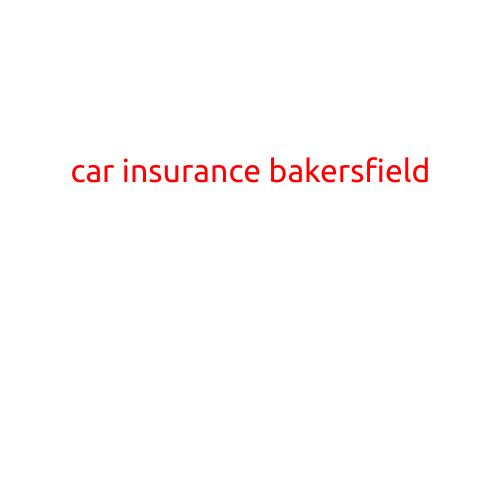
Car Insurance for Bad Credit: What You Need to Know
If you have bad credit, it’s essential to understand how it can impact your car insurance rates. Having a poor credit score can result in higher premiums, making it more challenging to manage your finances. In this article, we’ll explore the relationship between bad credit and car insurance, what it means for you, and provide tips on how to get the best possible coverage.
How Bad Credit Affects Car Insurance
In most states, insurance companies are allowed to use credit scores as one of the factors to determine your insurance premiums. This is because research has shown that there is a correlation between creditworthiness and the likelihood of making claims. Insurance companies believe that individuals with poor credit are more likely to file claims and may be more risky to insure.
As a result, having bad credit can lead to higher car insurance premiums. This is because insurance companies view you as a higher risk, and they may charge you more to compensate for potential losses.
Ways to Manage High Car Insurance Premiums with Bad Credit
While having bad credit can increase your insurance premiums, there are several strategies to help you manage these costs:
- Shop Around: Compare insurance quotes from multiple insurance companies to find the best rates. Some insurance companies may offer more competitive rates for policyholders with bad credit than others.
- Improve Your Credit Score: Work on improving your credit score by paying bills on time, reducing debt, and avoiding new credit inquiries. This can help you qualify for lower insurance rates over time.
- Consider Higher Deductibles: Increasing your deductibles can lower your premiums. However, be sure you have enough savings to cover the deductible in case of an accident.
- Bundle Insurance Policies: Many insurance companies offer discounts for bundling multiple policies, such as home and auto insurance. This can help you save money on your insurance premiums.
- Consider a Usage-Based Insurance Policy: Some insurance companies offer usage-based insurance policies that track your driving habits. These policies may offer lower premiums for safe and responsible driving.
- Ask About Discounts: Some insurance companies offer discounts for certain professions, military service, or other factors. Be sure to ask about these discounts to see if you qualify.
Tips for Getting the Best Car Insurance with Bad Credit
- Check Your Credit Report: Obtain a copy of your credit report and dispute any errors that may be affecting your credit score.
- Work on Improving Your Credit Score: Focus on paying down debt, avoiding new credit inquiries, and making timely payments to improve your credit score.
- Research Insurance Companies: Research insurance companies that specialize in providing coverage for individuals with bad credit. These companies may offer more competitive rates than traditional insurance companies.
- Consider a SR-22 Insurance Policy: If you have been in an accident or received a traffic violation, you may need to obtain an SR-22 insurance policy. This type of policy can be more expensive, but it can help you maintain your driving privileges.
Conclusion
Having bad credit can make it more challenging to find affordable car insurance. However, by understanding how credit scores affect insurance rates and implementing strategies to manage high premiums, you can find a policy that fits your budget. Remember to shop around, improve your credit score, and ask about discounts to get the best possible coverage. By doing so, you can drive safely and confidently, knowing that you are protected in case of an emergency.





